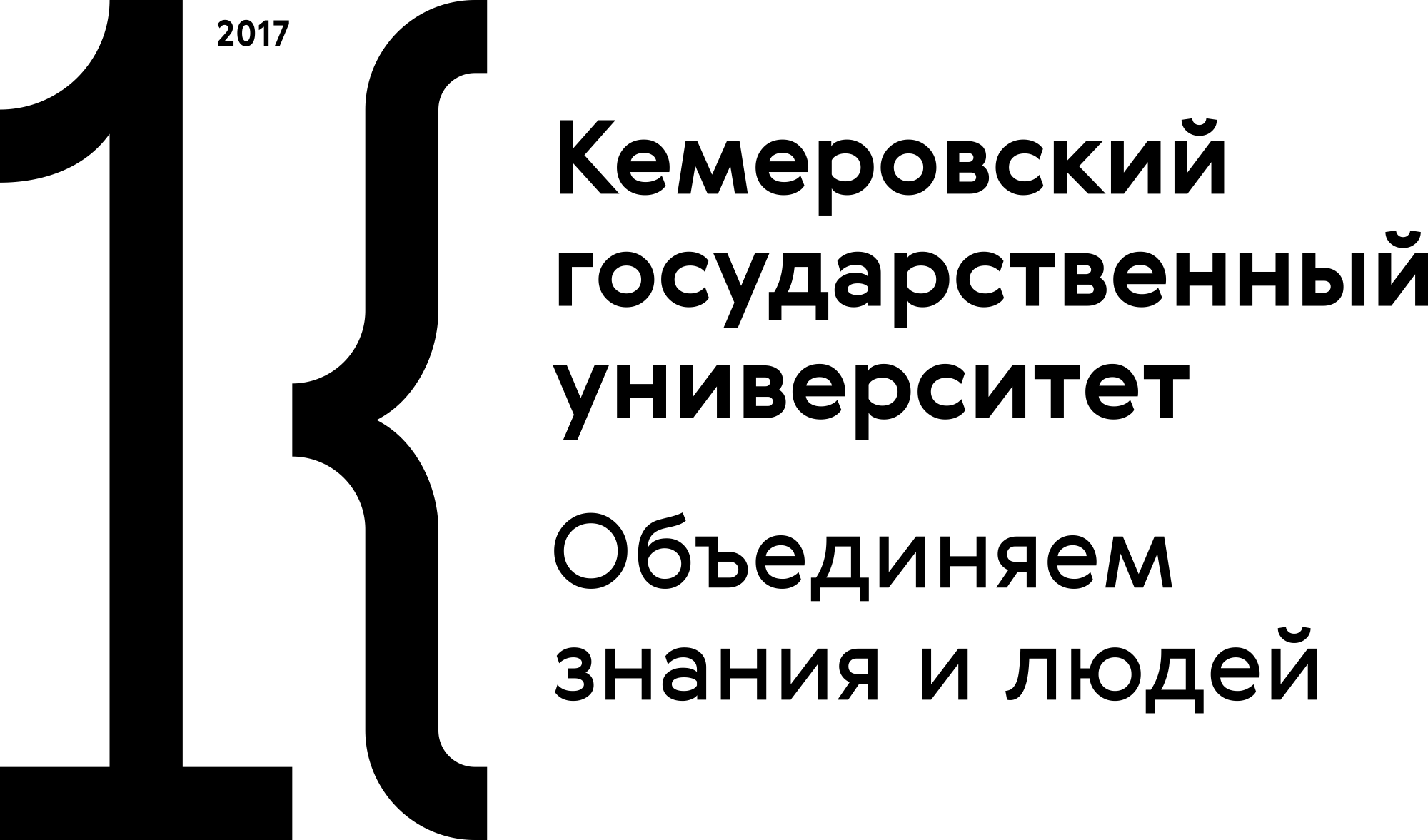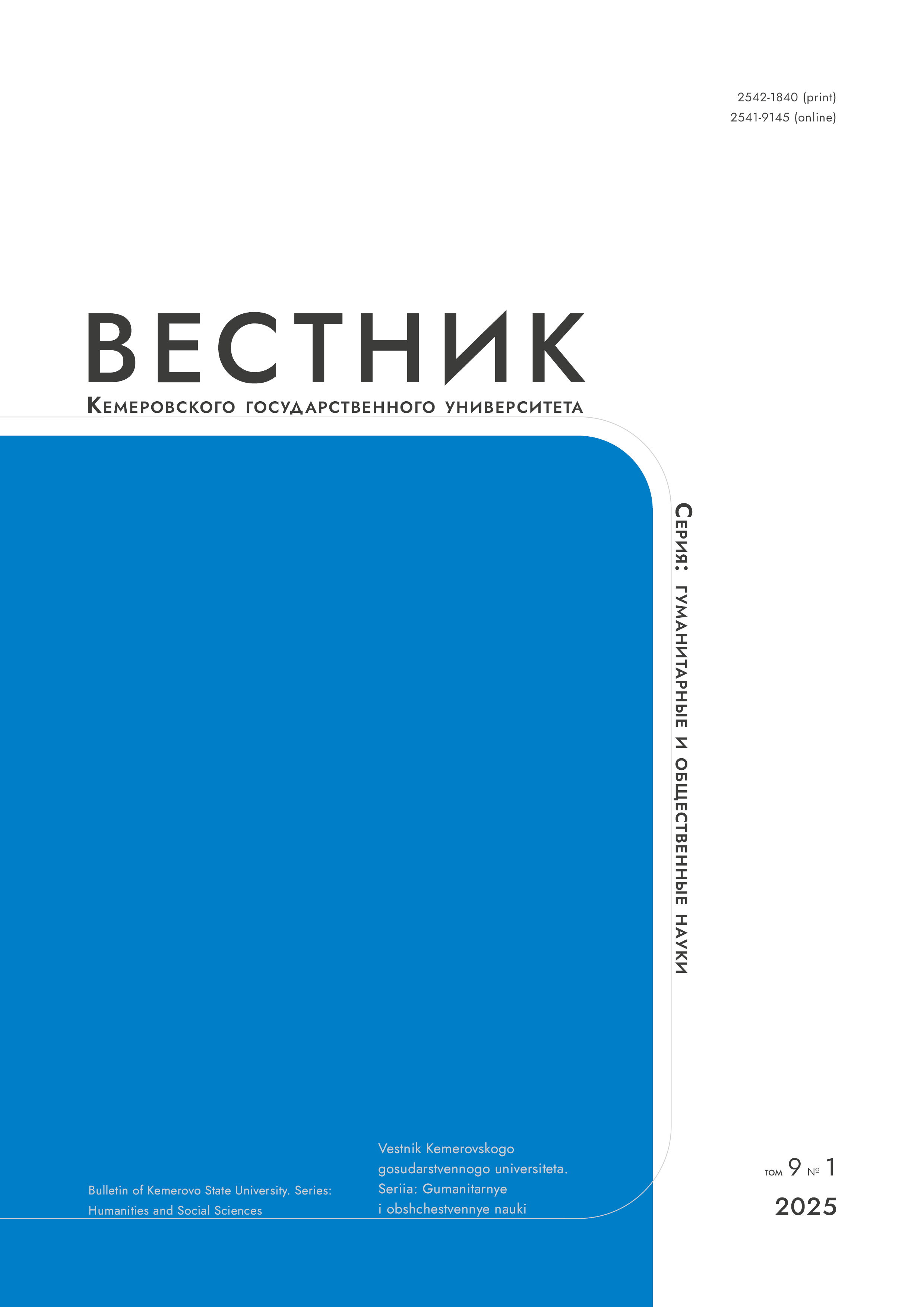Bishkek, Russian Federation
UDC 37
The research featured the new social requirements for subject teachers, as well as the legal basis for the changes that have occurred in the education system of the Republic of Kyrgyzstan. The study focused on the current situation in Kyrgyz schools and universities, the development of new teaching technologies, and the new educational literature. The education system of Kyrgyzstan includes two large concepts. One of them is updating the content of subject knowledge corresponding to the required competencies. The second concept is the individualization of subject knowledge. These concepts are important in the framework of the Law of the Republic of Kyrgyzstan "On the Manas Epic" adopted in 2011. Previously, the content of education was based on the level of requirements for the young generation and was determined by the Government of the Kyrgyz Republic that developed curricula for all educational institutions. However, subject teachers have to change their materials, taking into account the social and intellectual interests of the individual. The article introduces priority tasks that create the necessary conditions for the development of learners' personality. This goal was financed by the state budget in the Republic of Kyrgyzstan. The author believes that the new credit technology is to be adopted with caution, and that the Kyrgyz educational system can use some educational technologies tested in Russia, e.g. critical thinking development; developmental education; health saving technologies; problem learning; gaming; workshop technology; case method; integrated learning in class, etc. Subject teachers are responsible for updating the educational literature in connection with the new requirements.
national education system, credit technology, individualization of subject teaching, personality, professional education
1. Ilyushin L. S., Azbel A. A. Emotional monological statement (Storytelling) as a resource for preparing students for composition. Composition at the present stage of development of the educational system in the Russian Federation (Theory and Practice of Teaching the Russian Language and Literature at School): Proc. Sci.-Prac. Conf., Moscow, April 6-9, 2015. Moscow: ROPRIaL, 2015, 113-118. (In Russ.)
2. Ilyushin L. S., Azbel A. A. The effect of the positive educational environment of the school on the quality of the educational trajectory of students. XVII April Intern. Sci. Conf. on the problems of economic and social development, Moscow, April 19-22, 2016. Available at: https://www.hse.ru/org/persons/61512286#sci (accessed 04.04.2020). (In Russ.)
3. Pugach V. E. The system of creative tasks in a new type of teaching aid. Development of the creative abilities of teachers and students in the process of language and literary education: Proc. All-Russian Sci.-Prac. Conf. Chelyabinsk: ChIPPKRO, 2015, 141-148. (In Russ.)
4. Problems of the school textbook. XX century. Results, comp. Zuev D. D. Moscow: Prosveshchenie, 2004, 384. (In Russ.)
5. Bespalko V. P. Textbook. Theory of creation and application. Moscow: NII shkolnykh tekhnologii, 2006, 192. (In Russ.)
6. Bordovskaya N. V. Humanitarian technologies in university educational practice: theory and design methodology. St. Petersburg: Knizhnyi dom, 2007, 407. (In Russ.)
7. Gelfman E. G., Kholodnaya M. A. Psychodidactics of a school textbook: intellectual education of students. St. Petersburg: Piter, 2006, 384. (In Russ.)
8. Petrishcheva G. S. A school textbook as a means of developing competencies. Biysk: BGPU im. V. M. Shukshina, 2008, 116. (In Russ.)
9. Zhuravleva O. N. The didactic concept of the humanization of the content of a modern school textbook. Dr. Ped. Sci. Diss. St. Petersburg, 2013, 388. (In Russ.)
10. Martemianova T. Y. The logical and didactic approach to the design of a school textbook. Cand. Ped. Sci. Diss. St. Petersburg, 2004, 157. (In Russ.)
11. Dolinina T. A., Alekseeva M. A. The potential of literature lessons in the spiritual and moral development of the individual. Ekaterinburg: GAOU DPO SO "IRO", 2017, 58. (In Russ.)
12. Kochergina P. A., Ilushin L. S. Didactic potential of mobile applications in forming of adolescents' lexical competence. Na putiakh k novoi shkole, 2015, (1): 72-76. (In Russ.)
13. Masharova T. V., Krestinina I. A., Saltykova M. A. Theoretical and practical aspects of the development of inclusive education. Kirov: Raduga-PRESS, 2015, 204. (In Russ.)
14. Masharova T. V., Zykina I. V., Krestinina I. A., Saltykova M. A., Smirnova S. A., Pivovarov A. A., Skurikhina Yu. A., Malova T. V., Shchekleina S. N. Modern lesson in the terms of Federal State Educational Standard. Kirov: Tipografiia "Staraia Viatka", 2015, 108. (In Russ.)
15. Tsybulko I. P., Buzina E. V., Vasiliev I. P., Gosteva Iu. N., Ivanov S. L. Methodological recommendations for teachers, prepared on the basis of the analysis of typical mistakes of participants in the Unified State Examination of 2015 in the Russian language. Moscow: FIPI, 2015, 30. (In Russ.)
16. A modern lesson in literature. "We read. We think. We argue", comps. Tupitsyna O. N., Kosolapova T. K. Kirov, 2016. (In Russ.)
17. Galaktionova T. G., Grineva M. I., Danilova G. V., Ilyushin L. S., Kazakova E. I., Pugach V. E. School encyclopedic dictionary "Russian language". The experience of building an open pedagogical system. St. Petersburg: Lik, 2015, 160. (In Russ.)
18. Brodskaya K. M. Methodology, theory, technology of humanitarian design of educational media carriers. Obrazovanie i obshchestvo, 2011, (1): 17-21. (In Russ.)
19. Volkov A. E., Kuzminov Yu. I., Remorenko I. M., Rudnik B. L., Frumin I. D., Jacobson L. I. Russian education - 2020: a model of education for an innovative economy: discussion material. Voprosy obrazovaniya / Educational Studies Moscow, 2008, (1): 32-64. (In Russ.)
20. Lebedev O. E. The end of compulsory education? Voprosy obrazovaniya / Educational Studies Moscow, 2017, (1): 230-259. (In Russ.) DOI:https://doi.org/10.17323/1814-9545-2017-1-230-259
21. Pisareva S. A. A study of the conformity of school textbooks with the demands of modern society. Modern textbook: Proc. Sci.-Prac. Conf., St. Petersburg, April 24-25, 2006. St. Petersburg: RGPU im. A. I. Gertsena, 2006, 4-18. (In Russ.)
22. Pugach V. E. About the content of school literary education. Pedagogika, 2016, (2): 40-47. (In Russ.)
23. Davydova O. V. A modern textbook for universities: a competency-based approach. Vestnik universiteta, 2013, (15): 166-174. (In Russ.)
24. Panov V. I. Gifted children: identification - training - development. Pedagogika, 2001, (4): 30-44. (In Russ.)
25. Korshunov I. A., Gaponova O. S., Peshkova V. M. Live and learn. Continuing education in Russia. Moscow: Izd. Dom VShE, 2019, 310. (In Russ.)
26. Görlitz K., Tamm M. The returns to voucher-financed training on wages, employment, and job tasks. Economics of Education Review, 2016, 52: 51-62. DOI:https://doi.org/10.1016/j.econedurev.2016.01.004
27. Larrotta C. Immigrants to the United States and Adult Education Services. New Directions for Adult and Continuing Education, 2017, (155): 61-69. DOI:https://doi.org/10.1002/ace.20241
28. Hardy W., Keister R., Lewandowski P. Educational upgrading, structural change, and the task composition of jobs in Europe. Economics of Transition, 2018, 26(2): 201-231. DOI:https://doi.org/10.1111/ecot.12145
29. Ivakhnyuk I. V. Proposals for Russia’s migration strategy through 2035. Moscow: Rossiiskii sovet po mezhdunarodnym delam, 2017, 82. (In Russ.)


















